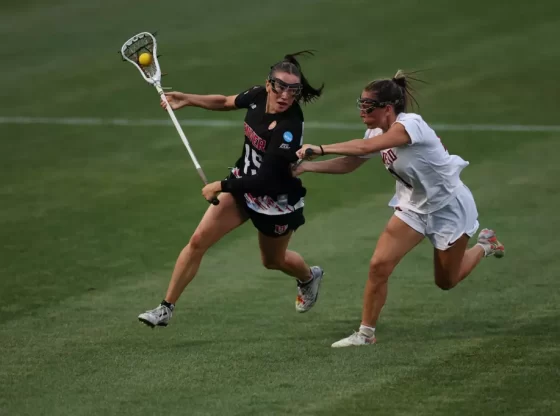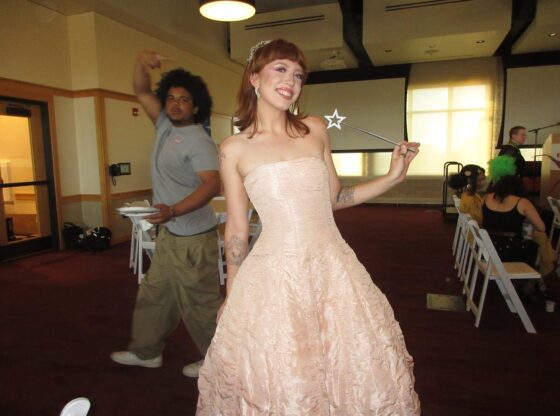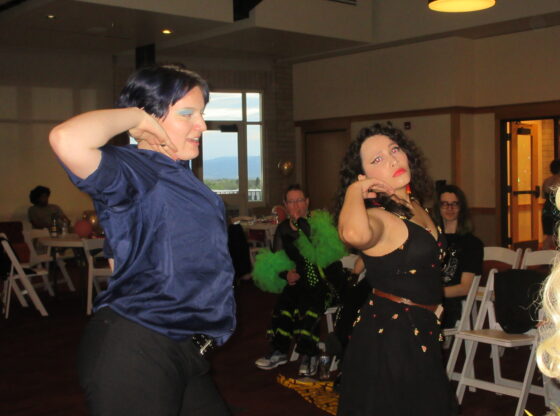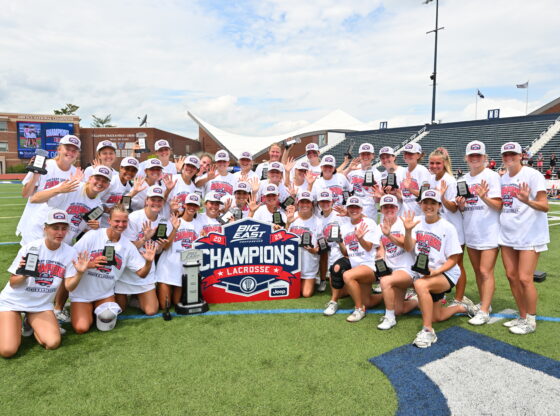“They told me I’d never graduate from high school,” he said. “I did.”
“They told me I’d never get into college,” he said. “I’m here.”
Ian Wolf was diagnosed with a learning disability when he was in kindergarten. He is one of the University of Denver students who spoke last Friday about disabilities and societal prejudices against them.
The forum on disabilities in communications was co-sponsored by the School of Communication and University Disabilities Services.
About 30 people attended. The keynote speakers were Laura Hershey and Tanis Doe, both of whom use wheelchairs.
Doe is a Fulbright scholar and associate professor at the University of Washington.
Hershey is a committed advocate, a published writer and poet, and a skilled trainer with over 15 years of experience working professionally in the fields of disability rights and journalism.
Doe and Hershey spoke on the media’s portrayal of disabilities and the disabled. Hershey said that there is only a small portion of working journalists who have a disability.
“It really affects the ways our story is told,” she said.
She said that the media and society perceive disabilities negatively, either as a medical problem associated with suffering, a personal tragedy or a public health problem.
She said that the disabled are seen as objects of charity who are needy and dependent, and stories involving the disabled are presented with an air of tragedy or triumph.
Hershey said she wishes disabilities were perceived more positively. She said that we must all work to break “ingrained disability prejudice.”
In the afternoon, five students shared their experiences and the challenges they have faced due to their disabilities..
Ryan Shugart, who is blind, said that he wished people were not afraid to talk to him about his disability .
“I am just as perfectly able to think and communicate as you … don’t be scared,” Shugart said.










